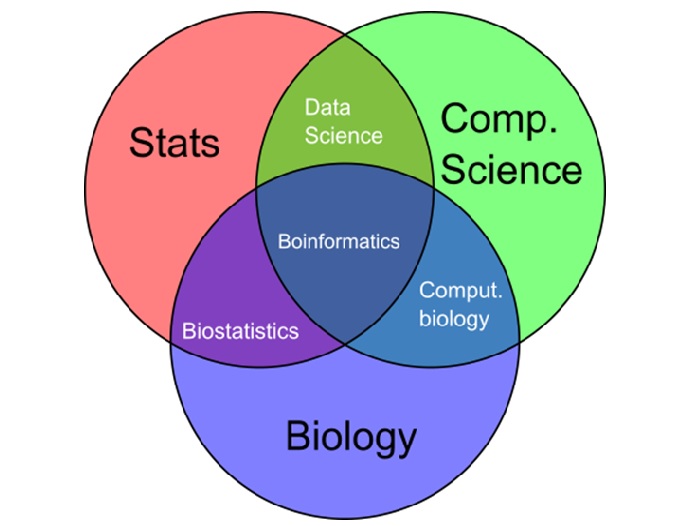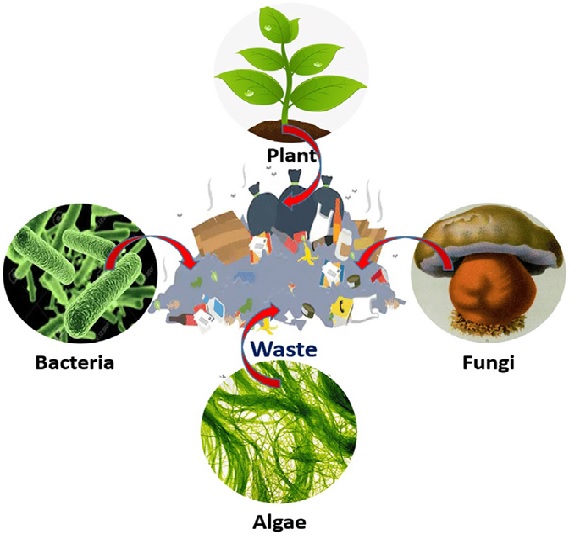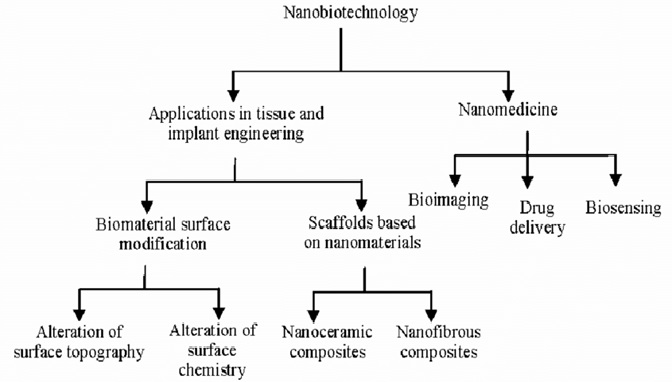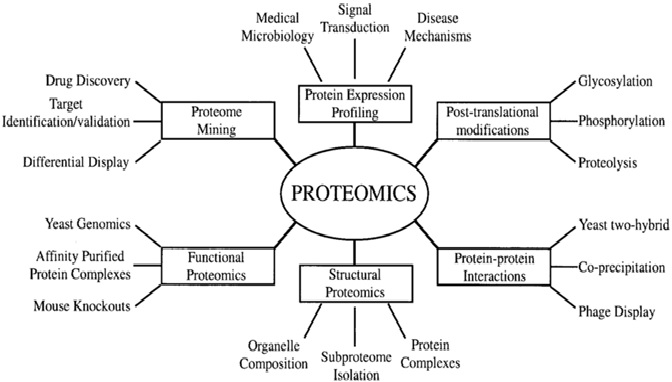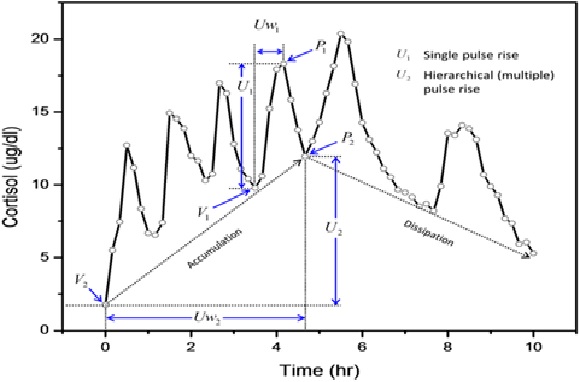Plant-Based Meat Alternatives
The development of plant-based meat substitutes, which use technology to create products that look, taste, and feel like meat, but are made from plant-based ingredients.
There is a growing awareness that fostering the transition toward plant-based diets with reduced meat consumption levels is essential to alleviating the detrimental impacts of the food system on the planet and to improving human health and animal welfare.[1]
The plant-based category has further opportunities to improve consumer engagement via focusing on improving taste parity and affordability, as well as effectively messaging consumer benefits, including health. By competing with conventional meat in meeting consumer needs, the plant-based category has an enormous runway for winning over consumers and growing its share of the total meat market. [2]
This article reports results from four studies determining the US market potential for plant-based meat alternatives in different contexts and settings. The first study shows that a pair-wise choice between beef and a plant-based alternative was not significantly affected by the presence of nutrition facts panels or ingredient lists. A second study, framed as a food service meal choice, reveals that the introduction of a plant-based burger has roughly the same effect on beef sales as does the presence of a chicken wrap. The final two studies estimate own- and cross-price elasticities of retail demand. We find small cross-price elasticities between plant-based patties and ground beef.[3]

Figure .1 Plant-based meat alternatives
Figure 1 shows Plant-based meat alternatives are products made from plant-based ingredients that are designed to look, taste, and feel like meat. These products are becoming increasingly popular as more consumers look for alternatives to meat for health, environmental, or ethical reasons.
There are several plant-based meat alternatives on the market, including:
- Meat substitutes:Products made from soy, wheat, or other plant-based proteins that are designed to mimic the taste and texture of meat. Examples include burgers, sausages, and chicken nuggets.
- Meat analogues:Products made from a combination of plant-based proteins, starches, and fibres that are processed to resemble meat. Examples include tempeh and seitan.
- Cultured meat:Meat that is grown in a lab from animal cells, without the need to raise and slaughter animals. Although not technically a plant-based meat alternative, cultured meat is often grouped with plant-based alternatives because it offers a more sustainable and ethical alternative to traditional meat production.
Plant-based meat alternatives offer several benefits over traditional meat, including:
- Reduced environmental impact:Producing plant-based meat alternatives typically requires fewer resources, such as land, water, and energy, than producing meat.
- Health benefits:Plant-based meat alternatives can be lower in saturated fat and cholesterol than traditional meat, which can help reduce the risk of heart disease and other health problems.
- Ethical considerations:Plant-based meat alternatives offer a more humane alternative to traditional meat production, which involves raising and slaughtering animals.
As consumer demand for plant-based meat alternatives continues to grow, the market for these products is expected to expand, with new products and innovations emerging.
References:
- https://www.mdpi.com/2072-6643/15/2/452
- https://gfi.org/blog/2023-outlook-the-state-of-the-plant-based-meat-category/
- https://onlinelibrary.wiley.com/doi/full/10.1002/aepp.13253
Cite this article:
Janani R (2023), Plant-based meat alternatives, AnaTechMaz, pp.130


